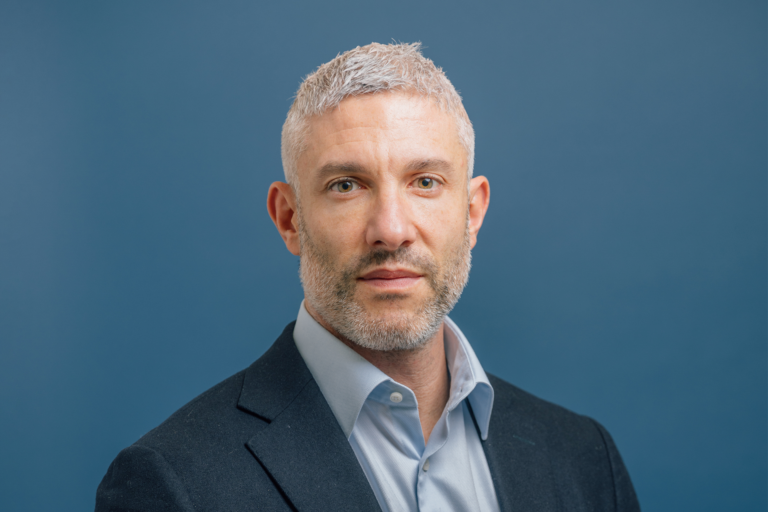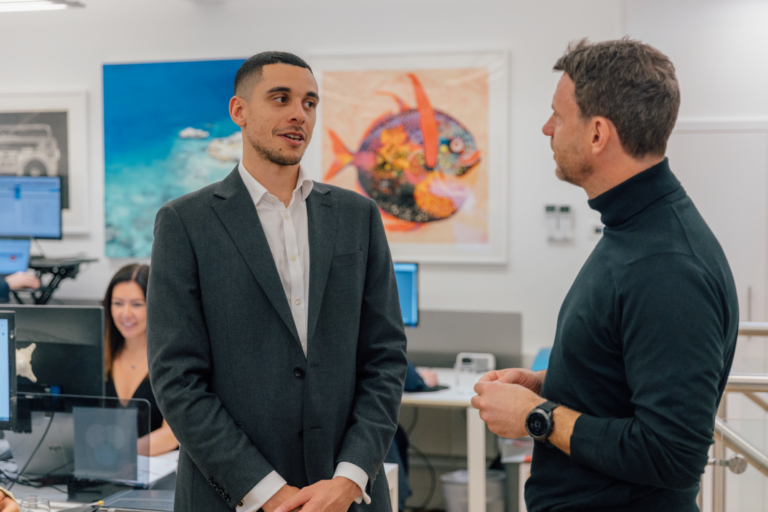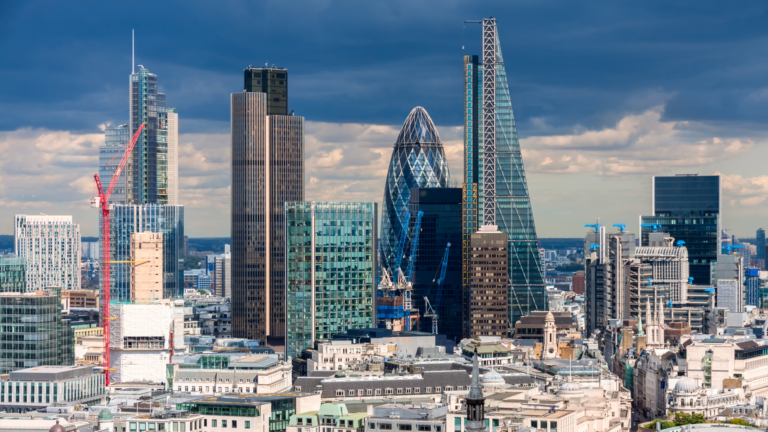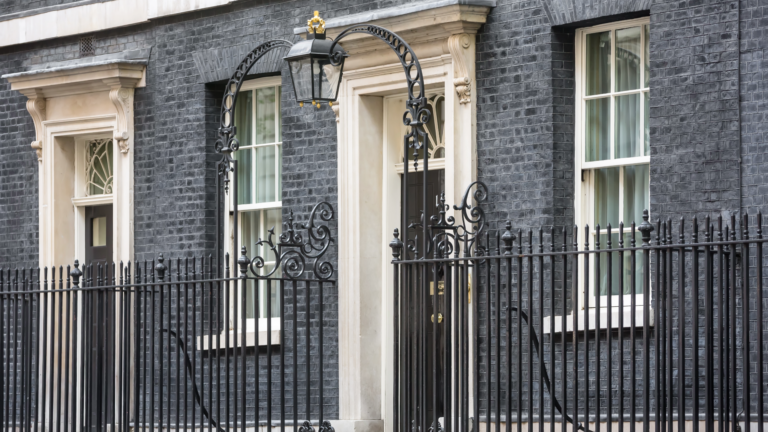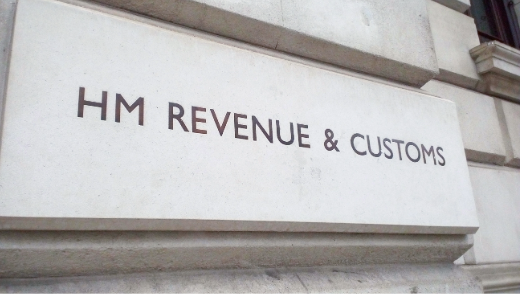How Financial Planners Increase Wellbeing
Earlier this month, I attended the Inaugural Financial Wellbeing Conference in Bristol – Aerospace Bristol to be exact. As well as being home to over 100 years of fascinating aviation exhibits and artefacts, the main showpiece is Alpha Foxtrot, the last ever concord built and the last ever to fly. A product of immense human ingenuity consigned to an early retirement.
Just because we can, doesn’t mean we always should.
Is designing a plane that can travel at over twice the speed of sound (1354mph if you’re wondering) really necessary for commercial flight? Likewise, is generating and hoarding vast sums of wealth really going to improve your happiness, your wellbeing, your life? And if so, at what cost?
I know I’d rather take a more moderate approach to how I balance my life and avoid having my head stuck in the clouds, or worse, sitting in an empty hanger being the subject of “what if”.
I task you with this: think back to your happiest memory as a child. Keep thinking. We will revisit this later on.
The conference was organised by Chris Budd, founder of The Eternal Business Consultancy. He is known as “the financial advisor for financial advisors”. Chris has written a fantastic book “The Financial Wellbeing Book – Creating Financial Peace of Mind”. It begins with a very wise observation:
“The key to financial wellbeing is not having the life others think you should have, but the life you want.”
And the mantra, “We are all individual, and we are all unique.”
I’ve been a financial adviser for almost 25 years and can certainly vouch for the fact that money does not make you happy. I’ve had clients with oodles of cash who are truly miserable and worry about every aspect of their lives, and I know many people who have very little in terms of financial assets but live incredibly joyful, happy and enriched lives. I wrote about this in my blog: “Can I afford to be happy?”
“Too many people spend money they haven’t earned, to buy things they don’t want, to impress people they don’t like.”
– Will Rogers
At Aerospace Bristol, I was reminded about discovering purpose. What is the purpose of a plane – to fly? What is the purpose of money – to have options? We often construct financial forecasts and budgets, but why? Unless we have a clear end point, why even get started?
At First Wealth, we work very closely with clients to identify what matters most to them. As Chris Budd writes:
“Financial wellbeing, therefore, is the story of how we can strip away these money diversions, so we can focus on what really makes us happy, such as social relationships and purpose. This is our starting point.”
Chris describes Financial Wellbeing broken down into five elements:
- A clear path to achieve identifiable objectives
- Control of daily finances
- The ability to cope with a financial shock
- Financial options in life
- Clarity and security for those we leave behind.
Instead of focusing on the quantitative attainment of wealth, re-adjust your vision to view money as a facilitator to enhance your qualitative ambitions. Yet, at the same time avoid crash landing. What do I mean by this? Don’t rush to settle on random goals and dreams just because you have the means and feel pressured to do so.
It can be an easy trap to fall into, using money as a measurement of success, comparing yourself to others and being seduced by the bright lights of materialism. Sometimes you need to switch off the autopilot in order to change your destination.
Create options for yourself, use your wealth to bring happiness to others, buy experiences instead of objects and have a clear route for where you are heading.
One thing that has stuck in my head from the conference is a quote from Nobel prize-winning economist Joseph Stiglitz.
“What we measure effects what we do. If we use the wrong measures, we will strive for the wrong things”
– Joseph Stiglitz
Consider the most common measures of our economic progress – Gross Domestic Product (GDP). The ONS measure what we produce and what we consume. They are not interested in equality, charity, happiness or sustainability. However, these are all key to our lives. Why don’t we use broader more meaningful measures to assess our progress?
As astute financial planners, we measure the client’s return each year, their volatility, their position against the Lifetime Allowance, we carefully lay out the fees they pay each year. But perhaps we have missed the more important question – are you happier today than you were when we last met?
At First Wealth, we are working towards a more holistic approach to financial planning that includes financial wellbeing. In order for wealth to create wellbeing we need:
- To know what we want
- To have clear objectives
- To understand our motivations
Now, what was your happiest memory as a child? If you tried to replicate it today, would it cost you anything?
Read more about our approach to financial planning and how looking at what really matters most can increase your wellbeing.
This document is marketing material for a retail audience and does not constitute advice or recommendations. Past performance is not a guide to future performance and may not be repeated. The value of investments and the income from them may go down as well as up and investors may not get back the amount originally invested.
Let's Talk
Book a FREE 30-minute Teams call and we’ll answer your questions. No strings attached.
Check Availability